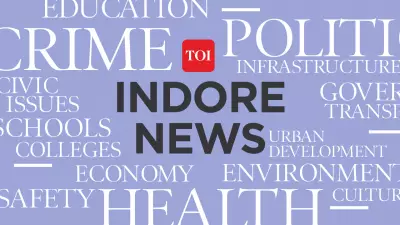
The National Assessment and Accreditation Council (NAAC) has taken serious action against Al Falah University for making false claims about its accreditation status. The university has been served with a show-cause notice demanding an explanation for publicly displaying NAAC certification on its website despite never being accredited by the council.
False Accreditation Claims Exposed
In a significant development that has raised questions about educational standards, NAAC discovered that Al Falah University has been misleading students and the public by claiming accreditation that it never received. The council explicitly stated that the university is 'neither accredited nor applied for accreditation by NAAC', making their public claims completely fraudulent.
The controversy came to light when NAAC officials noticed that the university's website displayed several of its colleges as being NAAC-certified. This false representation violates the council's guidelines and could potentially mislead thousands of students seeking quality education.
NAAC's Strict Stand Against Misrepresentation
The show-cause notice, issued on 13 November 2025, represents NAAC's firm stance against institutions that attempt to gain credibility through false means. The council has given the university a specific timeframe to respond to the allegations and explain why disciplinary action should not be taken against them.
This incident highlights the growing concern about educational institutions making unverified claims to attract students. NAAC accreditation is considered a benchmark for quality in Indian higher education, and false claims undermine the entire accreditation system.
Potential Consequences for Al Falah University
If the university fails to provide a satisfactory explanation, it could face severe consequences including:
- Legal action for misrepresentation
- Blacklisting from future accreditation processes
- Damage to institutional reputation
- Potential scrutiny from other educational bodies
The timing of this revelation is particularly significant as it comes amid increased focus on educational quality and transparency in India. Students and parents rely on accreditation status when making important educational decisions, making such false claims particularly harmful.
This case serves as a warning to other institutions that might be tempted to make similar false claims about their accreditation status. NAAC has demonstrated its commitment to maintaining the integrity of the accreditation process and protecting student interests.





